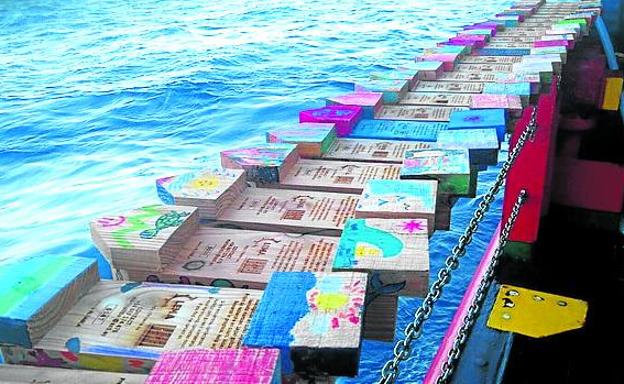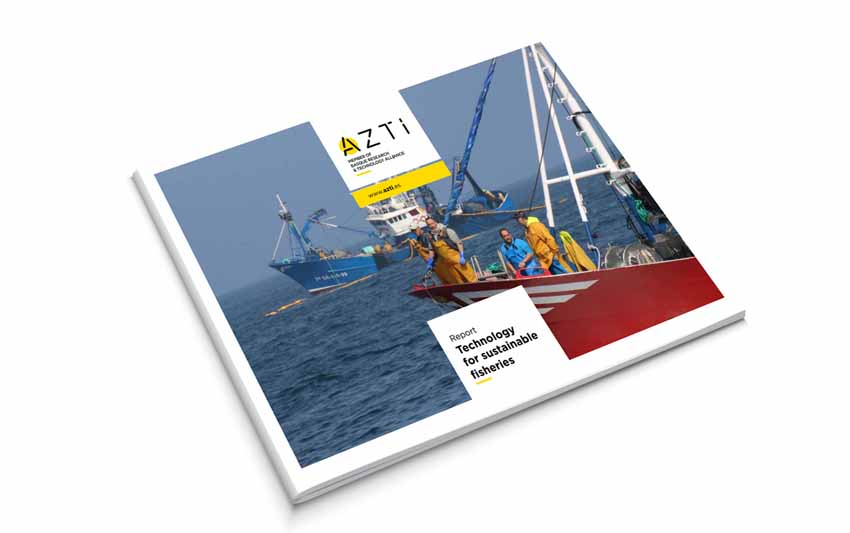Ocean literacy: the importance of understanding the influence of the ocean
Últimas noticias
Una mirada LGTBIQ+ al reino animal
Circular Economy in Action: Valorisation of By-products through Projects like PRIMA NEWFEED
Strategic Perspectives: Highlights from the Food4Future World Summit for Business Leaders
Humans depend on the ocean, whether we live near or far from it. But to what extent are citizens aware of the state of the ocean and its environmental, economic, political, medical and cultural importance?
The essence of ocean literacy is to know and understand the ocean’s influence on us, and our influence on the ocean, as a fundamental concept for living and acting sustainably. Marine literacy helps to raise public awareness and gives us the tools to make responsible decisions about our environmental impacts, public policies and maritime activities.
Ocean literacy connects all sectors of society. It demonstrates the value of ocean science for sustainable economy and policy, helping to create a common basis of understanding, and a common set of shared values. This is essential for stakeholders jointly addressing complex issues that characterise the marine environment and support decisions on sustainable environmental management and a sustainable blue economy.
In the early 2000s, the ocean literacy framework was developed and has since been adopted by various scientific sectors of oceanography and marine research.
The UN Decade of Ocean Sciences for Sustainable Development 2021-2030, implemented by UNESCO’s Intergovernmental Oceanographic Commission, proposed marine literacy as a means to engage with stakeholders and determine common understanding and joint identification of solutions towards sustainability. In addition to strengthening dialogue and engagement between science and policy, marine literacy also helps to reach out to sectors and disciplines outside the traditional ones of marine science or marine economics and management, from arts and culture to sport and leisure.

Índice de contenidos
The 7 principles of ocean literacy
The international marine literacy framework includes seven principles that represent key concepts about the ocean and its importance.
- The Earth has a large ocean with many features.
- Both the ocean and the life it contains shape the characteristics of the Earth.
- The ocean has a great influence on weather and climate.
- The ocean made the Earth habitable.
- The ocean supports a great diversity of life and ecosystems.
- The ocean and humans are closely interconnected.
- The ocean is largely unexplored.
Ocean literacy initiatives
At AZTI we work to try to make society aware of the main aspects of the functioning of marine ecosystems, the pressures to which we subject them through our activities and the benefits that the marine environment brings us, so as to raise awareness about its conservation and promote changes in behaviour oriented towards respect and sustainable and responsible use. Examples of such initiatives include:
- SafeWAVE: In this project we have society as a key actor for the development of marine renewable energies, and we try to understand the communication channels and their effect on behaviours.
- BLUENET y BIOGEARS: We collaborate in these projects trying to bring science closer to the fisheries and aquaculture sector at sea, for its integration into the circular economy.







